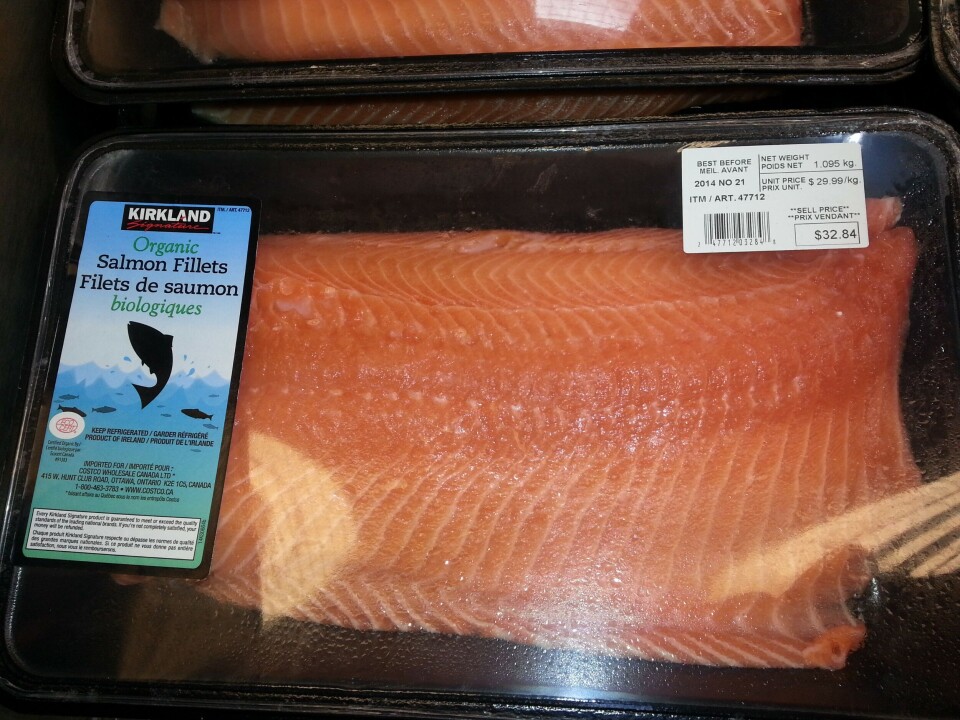
US to set organic farmed seafood standard
Organic farmed salmon is already available from Canada, where the British Columbia-based Creative Salmon Company sells its Chinook salmon with a sticker that states that the fish have been produced according to the rules set out by the Canadian General Standards Board. You can also go to a Costco store on Vancouver Island and purchase organically farmed salmon from Norway or Ireland.
And now, the USDA is finally ready to introduce standards for organic seafood raised in the United States, including “salmon, tilapia, catfish, shrimp and mollusks such as mussels, oysters and clams,” reports The Associated Press (AP).
According to the USDA web site, the objectives of organic food production are:
1) The production of wholesome food products of prime quality, free from artificial ingredients and providing a significant contribution to a healthy diet.
2) Production methods that minimize the use of external resources.
3) The prohibition of synthetic input factors other than those specifically authorized by the CB Materials List.
According to the AP article: The standards will be proposed later this year, though the earliest that organic seafood would reach grocery stores is two years, if both the USDA and American seafood companies work quickly. The new guidelines would help the United States better compete with cheaper imports, and the higher prices of organic seafood would benefit retailers.
Thus far, organic grocers have imported organic seafood from the European Union and Canada. Organic shoppers “skew to higher income and education which makes them extremely desirable,” Dave Wagner, vice president of seafood merchandizing for Wegmans, told the AP. Currently, Wegmans offers organic seafood imported from Norway and elsewhere.
Marine conservationists and seafood farmers are unsure whether the USDA standards will be successful — and some have argued that while a fish may be sustainably sourced, it cannot be considered organic unless its diet is also 100 percent organic. In that case, farmers may need to breed organic fish to feed organic fish, which could quickly become untenable. “You can't magically wave a wand and expect an organic supply chain to appear,” Neil Sims, a Hawaiian fish farmer, told the AP.























































